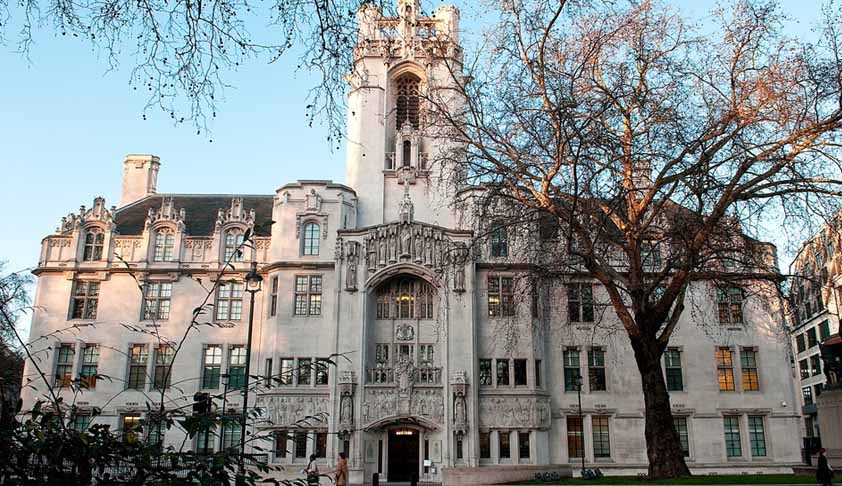UK SC Vindicates Christian Baker Family Who Refused To Make Cake With Message ‘Support Gay Marriage’
ashok kini
12 Oct 2018 3:49 PM IST

Next Story
12 Oct 2018 3:49 PM IST
“The important message from the Masterpiece Bakery case is that there is a clear distinction between refusing to produce a cake conveying a particular message, for any customer who wants such a cake, and refusing to produce a cake for the particular customer who wants it because of that customer’s characteristics.”Owners of Cake shops, one in Colorado (US) and the other in Ireland...
